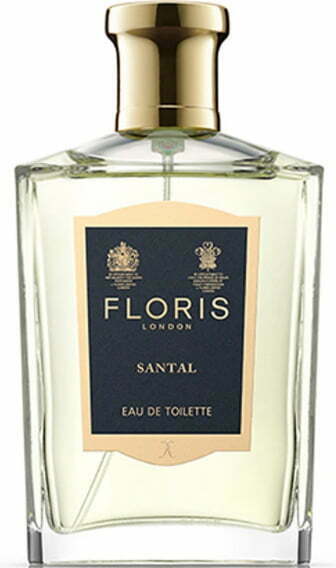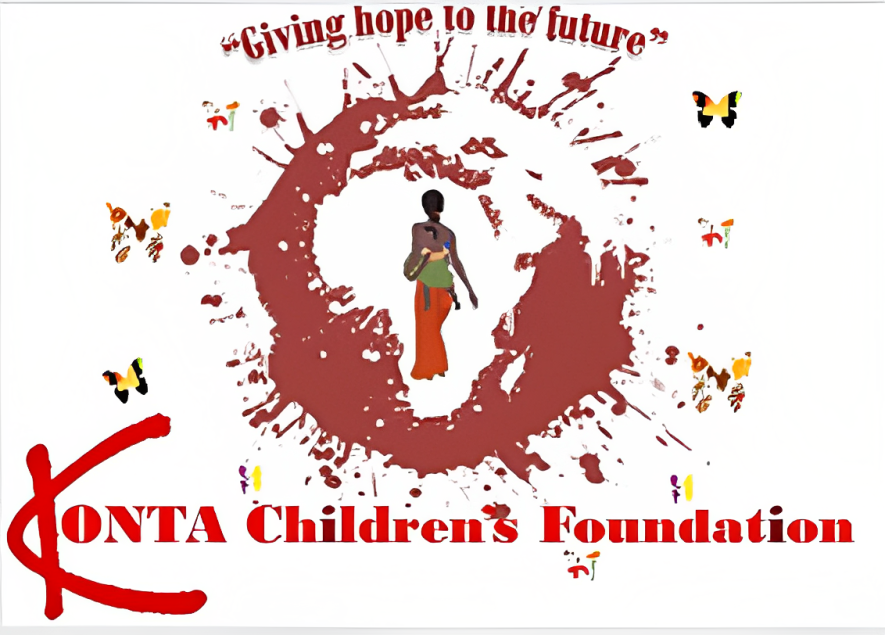SERTAB ERENER

Sertab Erener (born 4 December 1964) is a Turkish singer, songwriter and composer. With her coloratura soprano voice, she started working as a backing vocalist for Sezen Aksu, and with Aksu’s help she released her first studio album in the 1990s. Because of her education in classical music, she initially had difficulties in performing pop music. Although she did experimental works from time to time, she eventually preferred to focus on making pop music instead of avant-garde works, in order to make her music heard by a larger audience. In some of her works, she combined Western music and Eastern music, and benefited from operas as well as classical Turkish music with ethnic elements. With her entrance to Europe’s market in the early 2000s, many of her works were also sold in Turkey as well as European countries.
With Sezen Aksu’s help, she made her debut in 1992 with the album Sakin Ol!, and made herself known as a Turkish pop music artist in the 1990s by releasing the albums Lâ’l (1994), Sertab Gibi (1997) and Sertab Erener (1999). From these albums, the songs “Sakin Ol!”, “Aldırma Deli Gönlüm”, “Ateşle Barut”, “Sevdam Ağlıyor”, “Aslolan Aşktır”, “Yanarım”, “Zor Kadın” and “Vur Yüreğim” became number-one hits in Turkey. In the early 2000s, she continued her work by releasing the songs “Kumsalda” and “Kendime Yeni Bir Ben Lazım”. She won the Eurovision Song Contest 2003 with the song “Everyway That I Can”, marking Turkey’s first victory in the competition. In 2004, she released the album No Boundaries, followed by Aşk Ölmez in 2005. After five years, she released another Turkish studio album Rengârenk in 2010, and the hit songs “Bu Böyle”, “Açık Adres” and “Koparılan Çiçekler” made the album a successful work, and marked her return to the music market. After Rengârenk, she released the album Ey Şuh-i Sertab (2012), which was dedicated to her father. At the same year, she received the Best Female TSM Soloist award at the Golden Butterfly Awards. In 2013, her new album Sade was released. The songs “İyileşiyorum”, “Öyle de Güzel” and “Söz” all became hits in Turkey. In 2016, with the release of Kırık Kalpler Albümü, Erener stated that she was returning to her 90s style. The album received favorable reviews, and “Kime Diyorum” and “Olsun” both became hit songs in Turkey.
Erener has been praised for her music style and is one of the most successful artists who were discovered by Sezen Aksu. Due to her championship in Eurovision, she received the State Medal of Distinguished Service. In 2014, Hürriyet named her in its list of “91 Symbols of the 91st Anniversary of the Republic”. Aside from her career as a singer, she also taught music at Müjdat Gezen Art Center for one year. Erener has been married three times, the second of which was to Levent Yüksel during 1990–96. She married Emre Kula in 2015. Throughout her career she has won seven Kral TV Video Music Awards as well as two Golden Butterfly Awards, and has received various other nominations.
Sertab Erener was born on 4 December 1964 in Istanbul as the second child of Nizamettin and Yücel Erener. She spent her childhood in Eyüp, Istanbul. Her mother’s family is from Yugoslavia but moved to Ayvalık, Balıkesir, due to the war in Eastern Europe. Her mother Yücel, had studied painting at Istanbul State Fine Arts Academy and graduated in 1957, but did not continue her career after marriage. Her paternal family was from Eastern Anatolia Region. Her paternal grandfather was from Muş, while her paternal grandmother was from Siirt. Her father Nizamettin, was born in Diyarbakır. He took music lessons form Şerif İçli and worked as a soloist on Istanbul Radio for one month. Despite his interest in music, he eventually preferred to become a lawyer. Sertab’s elder brother is Serdar, who had a great influence on her during her childhood. Sertab Erener grew up with her father’s passion for Turkish classical music. Due to his fondness of the song “Ey Şûh-i Sertab”, her father decided to name her Sertab, meaning the “main light (radiance)”. After finishing her primary school, she got the permission to enroll in Liceo Italiano di Istanbul, but her father sent her to Işık High School instead. During those years, she suffered from jaundice and at the age of 11 was diagnosed with ulcerative colitis, for which she was hospitalized numerous times during her high school years. While she was at the second grade of high school, she became immensely interested in music and due to her fondness of opera music, she enrolled in Istanbul University State Conservatory to study opera. After taking singing lessons for a while, she continued her studies at Mimar Sinan Fine Arts University. She studied at Mimar Sinan University, Opera Major Arts and Concert Singing Department, but left the school before completing her studies. Although she was taking classical music lessons at the time, she decided to continue her career with opera, however, since she was not able to obtain what she expected from opera in her student years, she started to work as a stage soloist. At the age of 21, she got married and this marriage lasted for three years.
Sertab joined Sezen Aksu’s birthday party in 1987 at Memduh Paşa Mansion as a soloist. She was chosen by the organizer of the party to perform at the event. Sezen Aksu noted Erener’s drabness during their first meeting, but she liked her voice and offered her a job as a backing vocalist. Erener initially did not want to accept the offer and later said: “She [Sezen Aksu] asked me to become her backing vocalist. I didn’t accept it. Because I was already a soloist. It sounded like taking a step backwards. I thought I shouldn’t be a vocalist because of my position.” Later, due to her friend Levent Yüksel’s closeness with Aksu, Erener accepted the offer and became her backing vocalist. She later participated in the 1987 Kuşadası Golden Pigeon Music Competition under her married name, Sertab Altın, and performed the song “Akdeniz”. In 1989, she joined Klips ve Onlar and performed the song “Hasret” in the competition to represent Turkey in the Eurovision Song Contest 1989. They were placed third and lost the chance to represent the country in the contest. In 1990, she again joined the first-stage competitions, performed the song “Sen Benimlesin” and ranked 6th. In the same year, she married Levent Yüksel. She later described her second marriage in an interview: “Levent was one of my close friends; we were pals. He had girlfriends, I had boyfriends. We worked in the same orchestra. After divorce, I didn’t even realize how it happened, I can’t explain it, but it was a kind of affection or something like that. I had a lot of friends, but Levent was always special to me, and had a separate place. I think I was feeling something special about him. It happened spontaneously without even pushing.”













